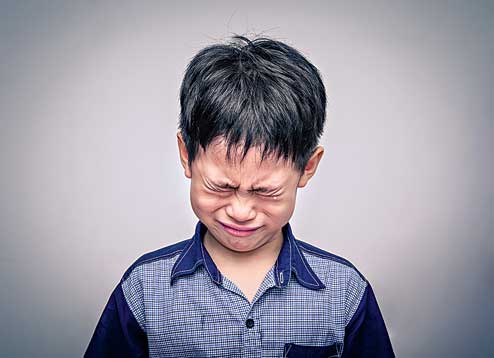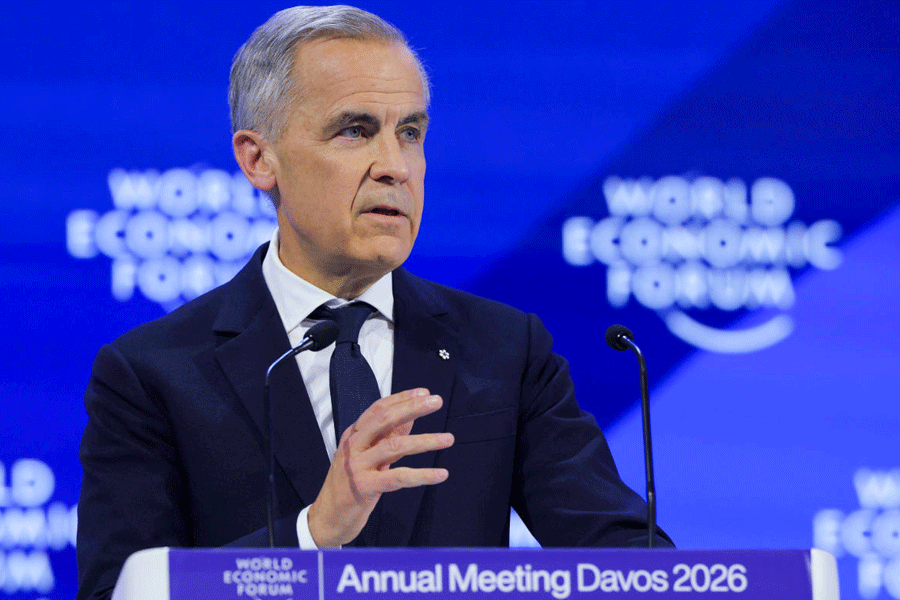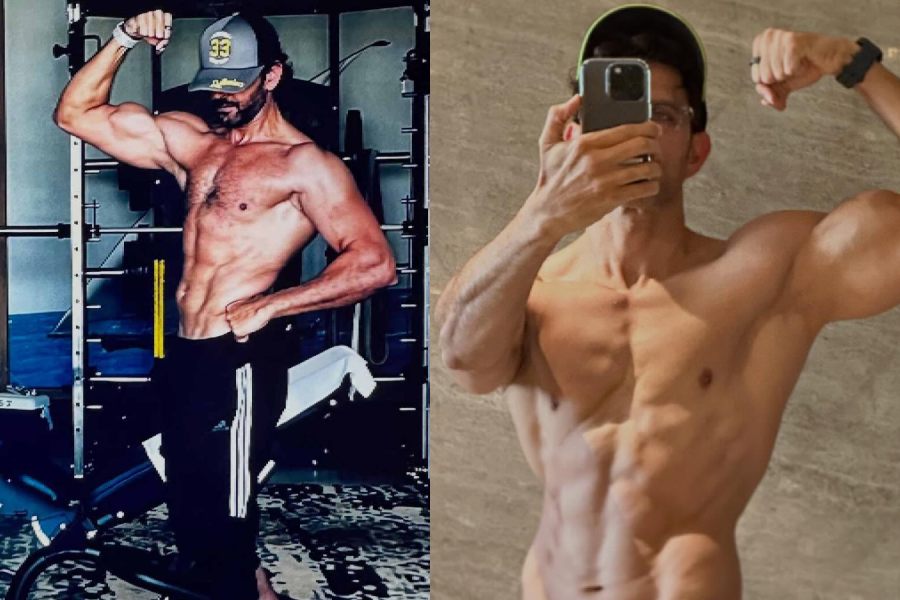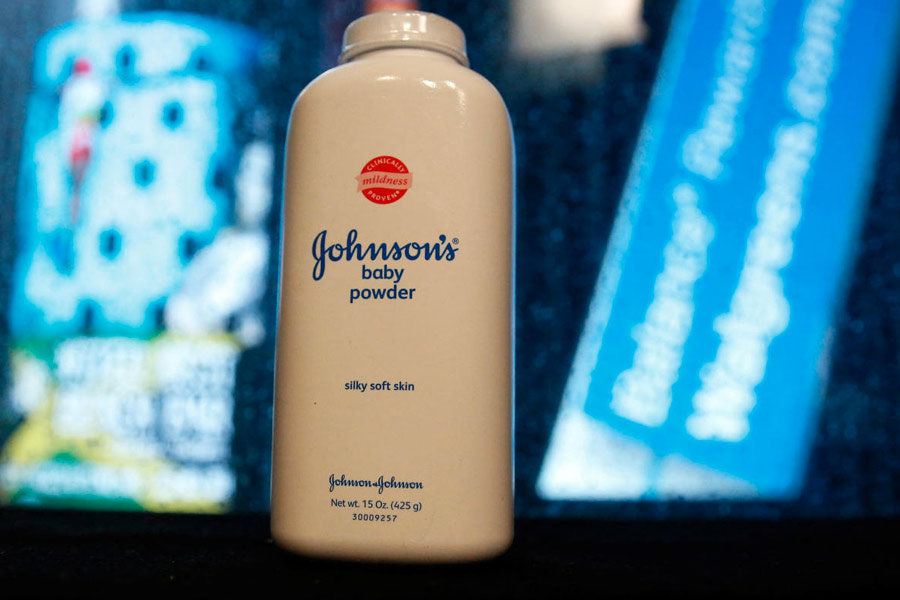
Be a man and don’t cry, was the gentle reproach of a concerned father to one of my adolescent patients who broke down while narrating his problems. Society immunises men against emotional honesty. Alpha male is the way to be. If you are not, you are a loser.
There is a distinct blind spot in our society where the mental health and emotional needs of men are rarely addressed and talked about openly.
Google search ‘Men and Mental Health’ and then search ‘Women and Mental Health’. The number of pages thrown up in each search is a rough indicator of how seriously we address the emotional needs of men. In fact we live in a society where the phrase ‘emotional needs of men’ sounds almost like an oxymoron.
Yet, the figures are startling. Statistics show that men kill themselves three to four times more than women. They far outnumber women in alcohol and drug abuse. So, the question is, can we really afford to ignore the emotional needs of men?
Men hate to admit they are sad
My conversations with my patients reflect the reality. Most unhappy men hate to admit they are sad. Admissions of feeling unhappy, sad and anxious are signs of ‘weakness’ and a ‘real man’ cannot be ‘weak’.
Anger and apathy are more acceptable for men than sadness and anxiety.
One of the strange dichotomies of this situation is that women, who bear the maximum brunt of the ‘masked depression’ in men, do not necessarily want the men in their lives to be full of machismo. Yet, despite the emergence of the metrosexual man, the tough-guy/ angry young man stereotypes are still around. The world still loves its John Waynes and Amitabh Bachchans.
Increase in violence, increasing rates of suicide, increase in men seeking help for drug and alcohol abuse only point to one reality.
Men need to be taught to think beyond their own stereotypes.
Arrogant exterior was his armour
Santanu was not an easy person to like when I first met him. He was 42 years old and a very successful, well-travelled businessman. His adolescent daughter, Juhi, was seeking help after taking an overdose of painkillers. The background story revealed marital conflict between her parents, domestic violence and heavy alcohol abuse by her father. It was apparent that any improvement in the daughter’s emotional well-being could not be achieved unless her father’s problems were addressed.
Talking to Santanu revealed a volcano of sadness, hurt and resentment. He was brought up by a very strict father who believed in the saying ‘don’t spare the rod and spoil the child’.
Young Santanu was physically abused and grew up in an emotionally barren home. He was forced to give up his own academic aspirations because his father believed that he would not look after the family business if he became ‘too educated’. Juhi’s father was a man who had not experienced kindness, empathy and nurturing when he needed it most. Thus he did not know how to give it. He was dismissive of emotional expressions and thought they were a hindrance to progressing in life. ‘One has to be hard, for the world is tough’, was what he believed and candidly expressed it to me.
Unpeeling his emotions was a challenge. Being able to look into the menacing fault lines of one’s psyche is very hard, especially for men who are successful, social and outwardly gregarious. He drank to numb his feelings, for he did not know any other way. His arrogant and dismissive exterior was his armour — to hide the underlying emptiness which reminded him what he could have been if he had pursued his dream of studying statistics and building a career around that subject. He resented his father bitterly but was never able to express it.
Men who wear masks
There are many, many more Santanus around us. Do we need to wake up to their existence? It is imperative that we do. For not only do they suffer greatly in silence but they also destroy families and lives of many around them.
Research shows that in infancy and in early childhood, boys are equally or more emotionally expressive compared to girls.
But the male socialisation process in adolescence creates the hallmark of a masculine psyche. It teaches us that it is shameful to express any sadness, despair or strong emotion other than anger.
We create men who wear artful, convincing masks, but deep down they are not who they pretend to be.
There is this widespread belief that being ‘tough and macho’ is essential for men to do well and survive in this competitive world. This is the script which is in urgent need of deconstruction. Talk of empowering men emotionally raises mockery and derision. How can one conceive of ‘empowerment’ for what is recognised as a dominant culture? But wouldn’t encouraging men to embrace the full range of their humanity benefit all?
Not allowing men to talk about emotions leads to depression, manifesting in angry outbursts, irritability, alcohol and drug abuse and at times violence towards intimate partners and children. Eventually it can lead to suicide.
Un-manly to talk
So we need to get rid of the fear of talking. For the many men and boys who feel silenced by this tyrannical concept that we cannot express emotions and shed a tear, let us rewrite the script of socialisation in boys and men. Enable them to speak of their fear, pain, hurt and resentment. Let us advocate that it is okay to unmask and unburden ourselves when we need it.
It is not ‘un-manly’ to do so. There is a great deal of courage in unmasking one’s self. Let us embrace it.
Dr Jai Ranjan Ram is a senior consultant psychiatrist and
co-founder of Mental Health Foundation (www.mhfkolkata.com).
Find him on Facebook @Jai R Ram












